
How To Teach Kids To Share: 4 Methods To Encourage Siblings To Not Be Selfish
We recommend helpful products in our articles. Read our full disclosure here. The content on this website is not intended to be a substitute for professional advice, diagnosis, or treatment.
If you and your siblings were all close together in age, you may remember fighting with them over belongings like toys, clothes, or even school stationery.
Looking back, these arguments may seem totally inconsequential now, but at the time you better believe that they felt like the most earth-shattering conflicts.
Keeping that perspective in mind can be valuable for your own parenting – especially if you’ve got twins at home, or younger kids who may be sharing a room.
Yes, keeping siblings happy is a lot easier said than done.
After all, fights can break out over even the most trivial things.
So how can parents equip themselves with all the tools they’ll need to ensure that their house stays harmonious and that their kids embrace the benefits of sharing?
We’ll be exploring some of the best ways that you can inspire sharing in your family home.
Add a variety of activities to your backyard space
From twin swing sets to backyard tennis poles, there is an abundance of play equipment out there that will surely make a great addition to your backyard space.
Why?
Kids love playing together, so setting your backyard up with a bunch of activities that require one or two participants is a great way to foster friendships between siblings.
It’s a lot trickier to fight over something if you need to share that item to actually enjoy it to its fullest.
Not to mention that playing outdoors is a great way to get kids to let off some steam!
Kids who are stuck inside all day will likely have a fair amount of excess energy that can easily fuel fights with their siblings.
But if they expend their energy out in the backyard, then chances are you’ll have a serene bunch of siblings on your hands at the end of every day.
Invite other kids over to play
It’s one thing being able to share with your siblings, but it’s a whole other kettle of fish to learn how you can share with your peers.
That’s what makes play dates such a valuable learning resource for both kids and their parents alike.
In playing with other kids, parents can get a better read of their child’s own behaviour and perhaps even their triggers.
Similarly, kids can grow their social skills and get a deeper understanding of the social dynamics behind sharing…or not sharing.
Having play dates at your family home can also help your siblings become a more united front, as they’re both responsible for entertaining their guests and perhaps even protecting their own toys and other belongings.
In other words, play dates can help your siblings view items as ‘collectively theirs’, not as ‘individually mine’.
Explain that not everything has to be shared
Truth be told, if your child demonstrates a hesitancy to share, it doesn’t necessarily mean that they’re selfish.
If anything, a hesitancy to share is more likely to be an expression of their self-worth.
Do you remember being so proud to call something ‘your own’ when you were a kid?
Chances are that your child is experiencing a similar emotion, and just wants to take ownership of some of their belongings (or even some of their space!) to feel like they’re growing up and have their own agency, and the right to say that something is theirs and theirs alone.
That’s why parents should also respect whenever their child does claim something as their own – so long as what they’re claiming is actually theirs to claim!
Providing your little ones with amenities like their own desk, toy chest, bedside table, and wardrobe or wardrobe space, can help introduce your kids to the liberties and responsibilities that come with ownership.
Slowly introducing these items that ‘can’t be shared’ as your kids learn the value of sharing behaviour, can help maintain a healthy balance between working with others and enjoying all the individual benefits that come from being a ‘big kid’.
If your kids are still sharing a room as they grow older, it can naturally be a little difficult to help them feel like they have their own belongings.
Thankfully, there are still ways to provide them with their own sense of space.
Adding their own furniture and perhaps even furniture like room dividers can help them take ownership of space within their shared room.
Point out and praise good sharing behaviour
Finally, learning to share is something that all kids must do during their earlier developmental phases.
Sharing behaviours become increasingly ingrained as your children grow up, but laying a strong foundation can help accelerate this learning journey.
For instance, you could try modelling sharing behaviour yourself, by pointing out ways that their parents, aunts and uncles, or even older cousins share.
Similarly, you could use the method of positive reinforcement (i.e. praising good sharing behaviour whenever your kids exhibit them) to teach your kids that sharing actually feels good.
In other words, parents must reframe sharing in the minds of their children.
Introduce the behaviour not as an act of losing something, but as an act of making someone else feel happy by a thing or activity that makes them happy too.
Sharing allows your kids to expand on their own world, as items that are shared deepen their experience with that item, and perhaps even open up opportunities for your kids to receive new shared items in return.
Conclusion
Remember that sharing behaviours look different across all the individual phases of childhood.
For instance, the sharing behaviours you can expect to see in kids under the age of 10 are wildly different to what you’d expect from pre-teens or teenagers.
And it’s okay if your kids maybe ‘unlearn’ a few sharing behaviours as they get older.
You can expect a little healthy friction between teenage siblings.
This is just par for the course, and seeking out their own space is yet another natural part of growing up.
You don’t even need to go too far back through your own teenage years to know this for a fact!
"We love to research problems, examine studies, analyze solutions, and share with you ideas that make life healthier. You can learn about us and our editorial standards here. Have suggestions or feedback to share? Send us a message!."


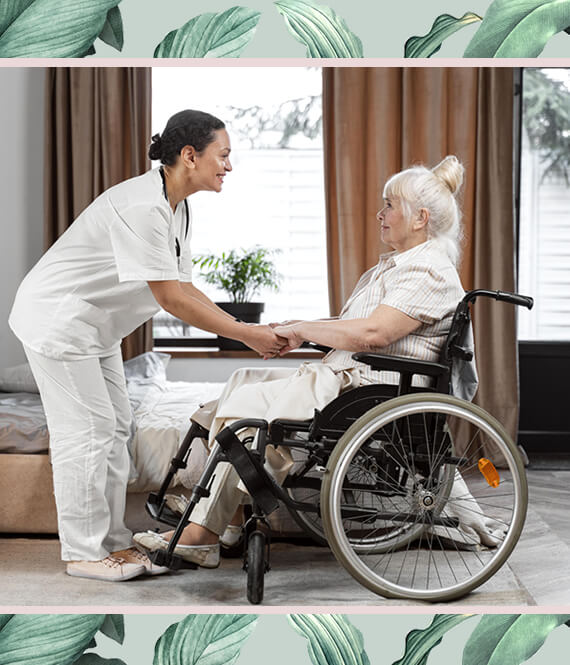

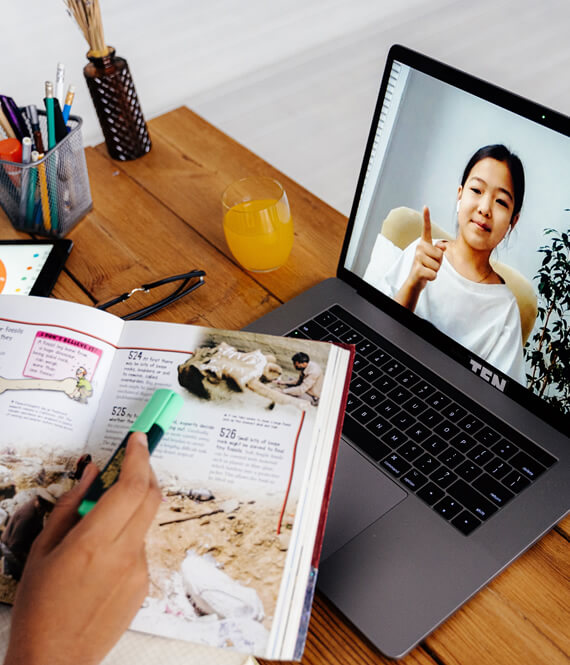



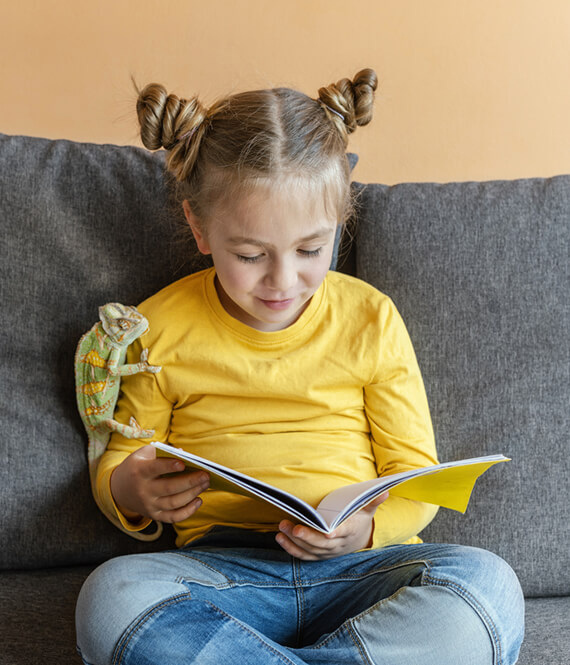
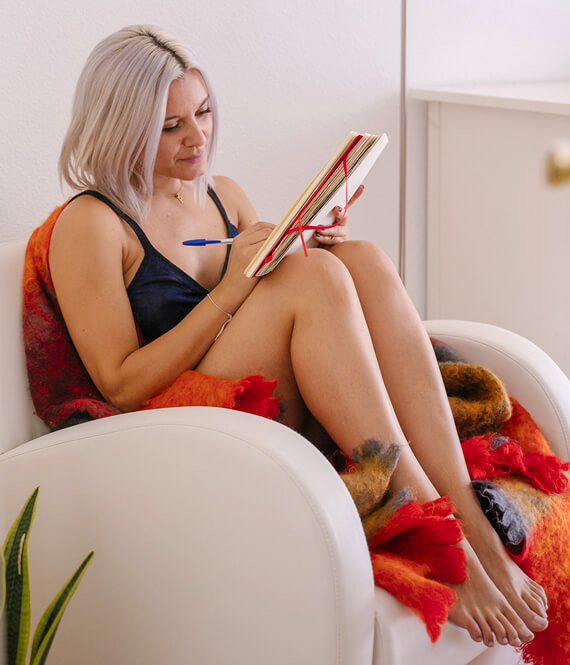

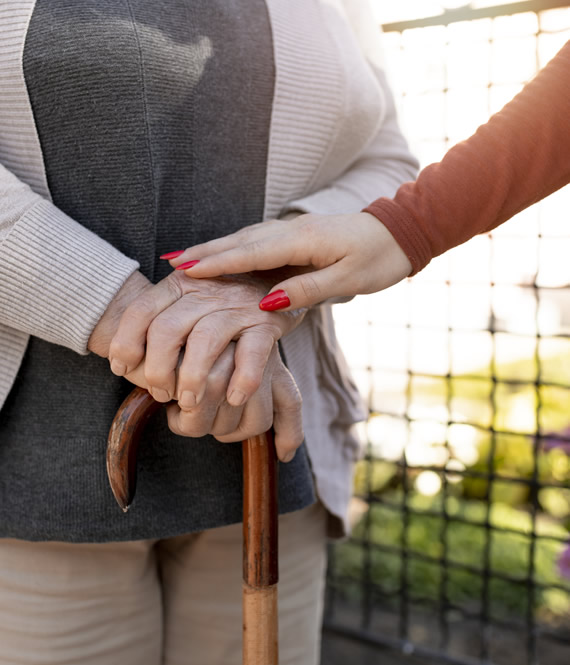

Leave a Comment